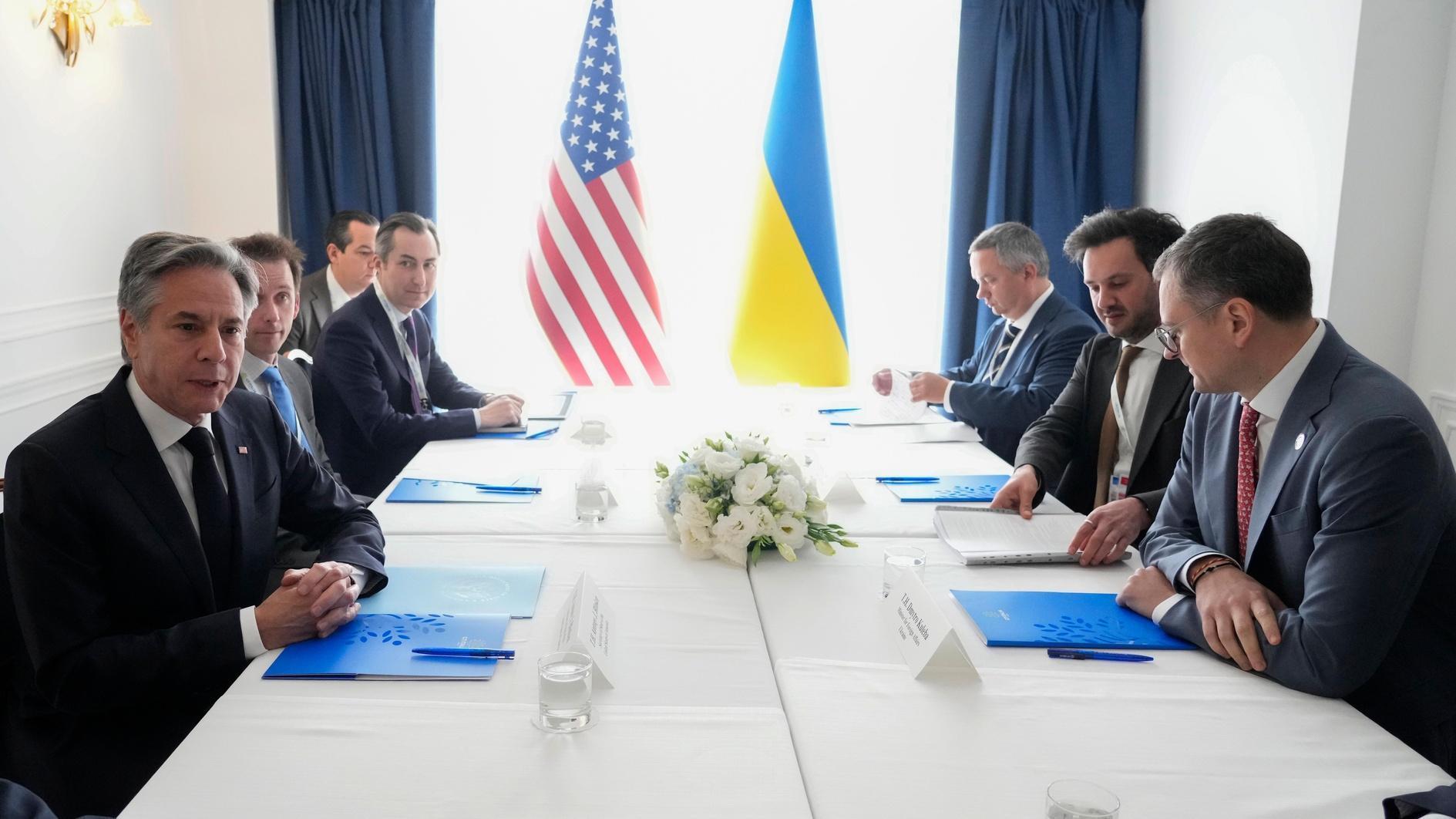Turkish gov’t in new bid to boost control over Internet
ANKARA

Turkey had blocked access to Twitter and YouTube earlier this year, prompting international criticism. AFP PHoto
The Turkish government has announced more plans to exert greater control over the Internet, with a Cabinet member confirming talks on a bill to give the prime minister and communication minister the power to block webpages without a court order if they threaten “national security and public order.”“According to this study, if a situation concerning public order is in question, on matters concerning public order and national security, upon a demand by the related minister or the prime ministry, TİB [Telecommunications Directorate] will be able to temporarily remove content or block access. However, still, there is an obligation to file for a court within 24 hours and an obligation for the implementation of the court order,” said Transportation, Maritime Affairs and Communications Minister Lütfi Elvan told reporters yesterday during a visit to the Black Sea province of Bartın.
“This appears in Article 22 of our Constitution,” Elvan said. Article 22 of the Constitution covers freedom of communication.
“Unless there exists a decision duly passed by a judge on one or several grounds regarding national security, public order, prevention of crime, protection of public health and public morals, protection of the rights and freedoms of others, or unless there exists a written order by an agency authorized by law in cases where a delay is prejudicial, on the above-mentioned grounds, communication shall not be impeded nor its secrecy be violated,” says the section of the article to which the minister referred.
“The decision of the authorized agency shall be submitted for approval by the judge having jurisdiction within 24 hours. The judge shall announce his decision within 48 hours from the time of [action]; otherwise, the [prohibition] shall automatically be lifted. Public establishments or institutions where exceptions to the above may be applied are defined by law,” said the same article.
In September, as part of an omnibus bill, the government granted TİB extraordinary authority to monitor Internet users and block websites and their content without court permission.
The bill was, however, overturned by the Constitutional Court a month later.
“It is an arrangement which is completely in line with Article 22 of our Constitution,” Elvan said, when asked whether the Constitutional Court might return the new legislation as well.
“The reason for the return [of the previous arrangement] by the Constitutional Court was the fact that we had designated the decision-making authority, which would make the decision in cases concerning public order and national security, as the Telecommunications Directorate. We made a change here. We thought that it is ‘the related minister and the ministry’ who should make the decision on this matter,” Elvan said. “I don’t believe that any problem will occur.”
Elvan also recalled that the draft legislation also outlines pecuniary penalties of up to 500,000 Turkish Liras for those who do not implement court rulings to block access to certain webpages or remove content from certain webpages.
The minister cited leaks of audio files, which revealed a top secret conversation between then-Foreign Minister and current Prime Minister Ahmet Davutoğlu, Foreign Ministry Undersecretary Feridun Sinirlioğlu, National Intelligence Organization (MİT) chief Hakan Fidan and Deputy Chief of General Staff Gen. Yaşar Güler as an example for justifying the new arrangement.
“We may always encounter broadcasts which threaten our national security,” Elvan said.
As of March 27, just before the March 30 local elections, Turkey banned YouTube after the Google-owned video-sharing website was used to spread leaked audio files from the state security meeting debating a possible false-flag military action in Syria in a bid to drag Turkey into the war.
It came days after TİB blocked access to the U.S. social network Twitter on March 20, under orders from then-Prime Minister and current President Recep Tayyip Erdoğan after members of the opposition used it to post telephone recordings implicating him in a major corruption scandal.
















